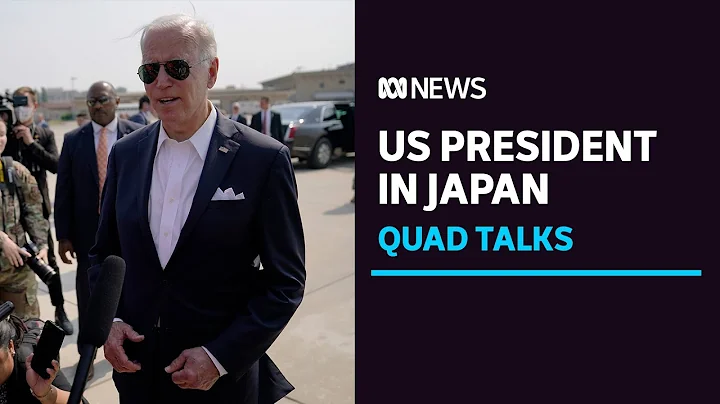After Brexit, the UK fell into a quagmire of high inflation due to immigration controls and disruptions to some supply chains. Although the UK no longer has to pay huge dues and policy constraints to and the EU, , a series of problems related to "separation" still make the UK "white-headed".
Recently, the British Prime Minister proposed at the G7 summit that he hopes that British steel products can enjoy the same benefits and "protection" as those of EU countries. Extend current tariffs and quotas on five steel products for a further two years to stabilize the UK's domestic steel industry. This proposal of was unanimously opposed by EU countries and caused "public outrage".

You were the one who said he wanted to leave at first, but now you are the one who wants to share the soup. How can such a good thing happen? In this regard, the EU's attitude is extremely tough. In fact, the EU is not embarrassing the UK, but is forced to do so. If the UK develops better after Brexit, it will increase the centrifugal force of some EU member states, and the demand for Brexit will also rise.
In recent years, the UK has been testing the EU's "38th line" step by step.

The consequences and trials of Brexit
When they were in the EU, the British always felt that they were at a disadvantage and believed that "Brexit" was the key to solving the problem. A series of issues surrounding Brexit are far beyond imagination, and the two sides are constantly pulling together on the "38th parallel."
The first problem that Britain will face after Brexit is the shortage of workers, because workers from EU countries have changed from allies to tourists, and working in the UK requires more stringent visas. According to British media reports, in 2021, the British government issued 30,000 seasonal worker visas, but the actual need was about 9html. This has also resulted in a large area of crops in the UK being left unpicked, causing certain losses to farmers.

Then Britain and France staged a "fish grabbing" drama. At that time, many British people demanded to take back control of the British fishing grounds, but this also intensified the struggle between Britain and France for "fish rights." Finally, the matter was put to rest a few months ago when Britain "generously" granted France additional fishing licenses.
Besides people and fish, the most acute contradiction of Brexit lies in the agreement itself. During Brexit, both parties agreed to set up a soft border in Northern Ireland , which would allow the free flow of EU goods. However, because the EU and the UK have different trade rules, British goods entering Northern Ireland need to be reviewed, which also makes the UK very distressed.
Just today, June 27, the UK is debating the new bill for the Northern Ireland Protocol. The UK hopes to eliminate cumbersome customs procedures, terms and taxes. The EU warned the UK "not to push the envelope" and not to "unilaterally destroy mutual trust".

After the " rebels" withdrew, the EU became more united.
For the EU, the UK is a "little rebel" who wants to enjoy the EU's treatment but refuses to assume the EU's relevant obligations. As the Northern Ireland issue becomes increasingly acute, the UK's refusal to lift steel tariffs within the prescribed time limit is undoubtedly challenging the EU's bottom line.

In fact, the UK did not join the EU sincerely. It did not join the Eurozone. When the EU needs to solve its own structural problems, such as euro zone reform, immigration, etc., it is often difficult for Britain, a "little rebel", to reach a consensus with everyone. Because the UK adopts an attitude based on the interests of the United States, not Europe.
Therefore, the UK's departure is beneficial to the EU's strengthening of its internal unity. Without the UK's opposition and coordination time, decisions can be made faster within the EU. After the United Kingdom leaves the European Union, the United States' control over the European Union will be further reduced, making the European Union more independent.
Text | Wu Kaibin Title | Zeng Yi Review | Li Zepu











